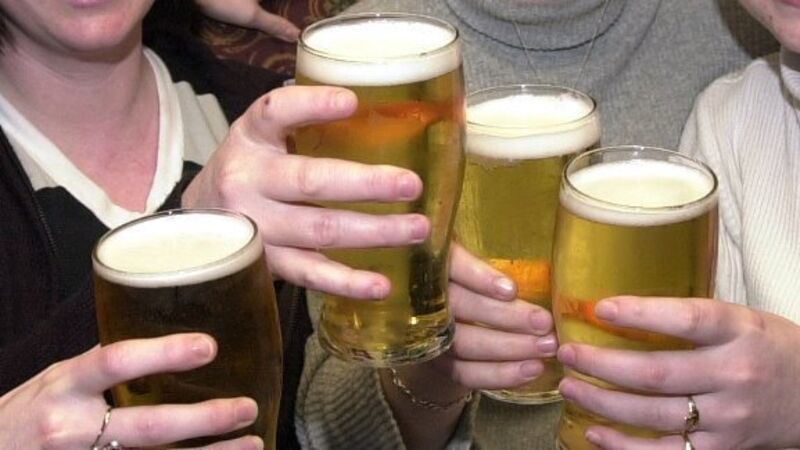Study challenges Ireland's reputation as big drinkers

Our unenviable reputation as a nation of big drinkers is challenged by a new survey which shows Irish teens have reduced their weekly alcohol intake dramatically.
Moreover, the numbers getting drunk for the first time at age 13 or younger have decreased more dramatically in Ireland and Britain than in any of the other 34 countries included in a survey of Health Behaviour in School-aged Children (HBSC).













